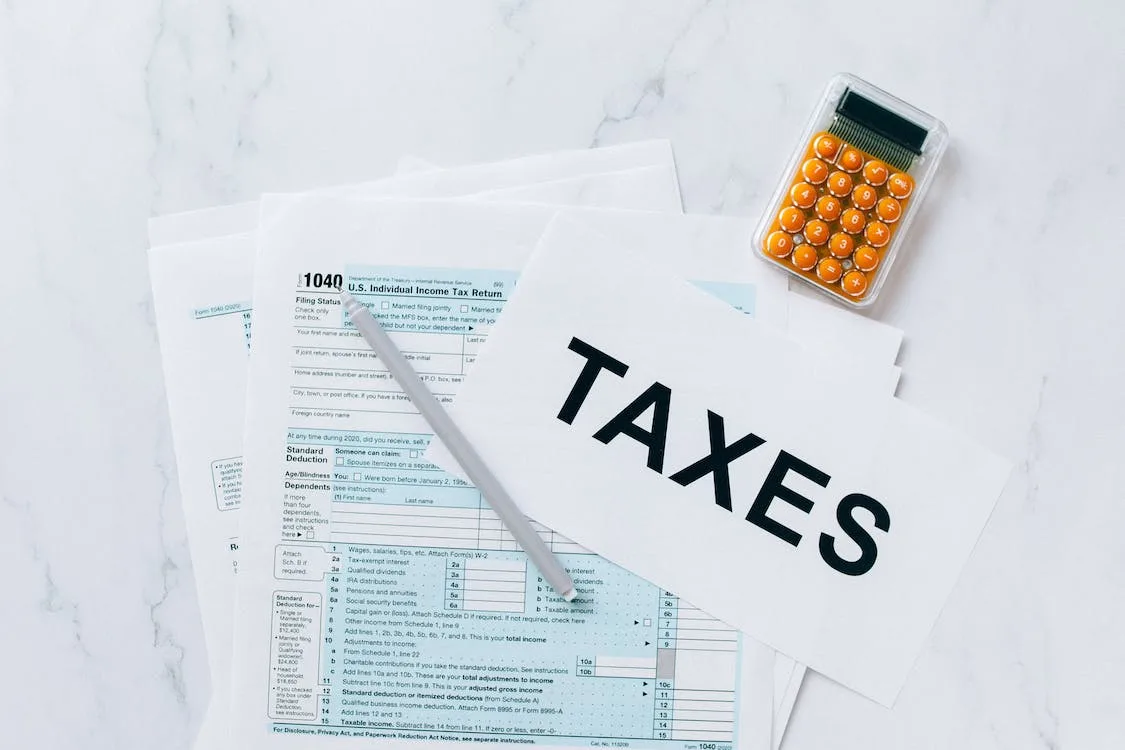What Does It Mean to Be a Legal Resident of a State? A Guide for Taxpayers and Travelers
Image source: Pexels.com
So, you’ve established yourself in one state, or perhaps you’re a nomad seeing the globe one state at a time. However, have you ever questioned what it actually means to live in a state legally? So fasten your seatbelts because we are going to explain everything in clear, basic language.
Legal Residency: Fundamentals
Having legal residency is similar to having backstage passes to the state you live in. Possessing a driver’s license has benefits and responsibilities in addition to being cool. Whether you’re a frequent traveler or a taxpayer, it’s important to grasp this idea.
Tax Discussion: Where Is Your Money Going?
You’re in the club when it comes to taxes if you’re a legal resident. States determine whether you owe them money based on your resident status. It’s likely that they want a share if you live, work, or conduct business in a state. It’s not as scary as it sounds, so don’t panic.
The skinny is that states levy taxes on citizens’ foreign income. Thus, prepare to submit all those dollar bills, regardless of source, if you live in a state. However, this is what maintains our parks immaculate and roads paved, right?
Feeling Like You Can Vote and Influence Your State
Having a voice is just as important as paying taxes to be considered a lawful resident. You get to voice your opinions during elections as a resident.
Your vote counts, whether it’s for the local dog catcher, the governor, or the mayor. It’s similar to being a guest at a massive party where democracy is the DJ for decision-making.
What Qualifies as a Residence?
So let’s get right to the point. How may one become a lawful resident? A mailbox alone isn’t enough; states consider a few important factors when determining whether to admit or deny you.
Domicile Drama: Putting the Finish on It
Have you ever heard the term “domicile”? It’s as though the state is saying, “Is this your real home?” in this way. Even if you’re traveling the world, your home is where you hang your hat, where your heart is, and where you intend to return. Thus, if your flag has been planted in a state,
Physical Presence: It Matters to Be There
States are concerned with your physical presence in addition to your comfortable home. Being in a state for a while is like to announcing, “Hey, I’m serious about being here.” It’s about being present and accounted for, not just about having a state on your ID.
Tourists and Legal Residency: A Difficult Dance
Let’s now speak with all of you frequent travelers. Being a frequent traveler can make things more difficult, but don’t worry—there are easy methods to get through the residency maze.
Genuine Residence Status: The Passport of the Traveler
In certain states, the nomad lifestyle is acknowledged and granted a golden ticket known as “bona fide resident status.” Similar to the state declaring,
“We get it; you’re always on the move, but you’re still one of us.” Your passport to a tax break and a restful night’s sleep could be this status.
The 183-Day Rule: Simplifying
For travelers, here’s a fast guideline: if you stay in a state for 183 days or longer, you may be eligible to become a legal resident. It’s akin to the magic number that several governments employ to determine your familial status.
To sum up, home is where the heart is… and so are the taxes
That’s the short version of what it means to be a state’s lawful resident. It’s about becoming a part of something more than simply parking your suitcase somewhere.
Knowing your legal residency is like having a hidden guide to get around the California jungle, whether you’re moving here or staying mobile.
Now go forth, be happy to pay your taxes, and make use of your right to vote—you are, after all, a legitimate resident!





0